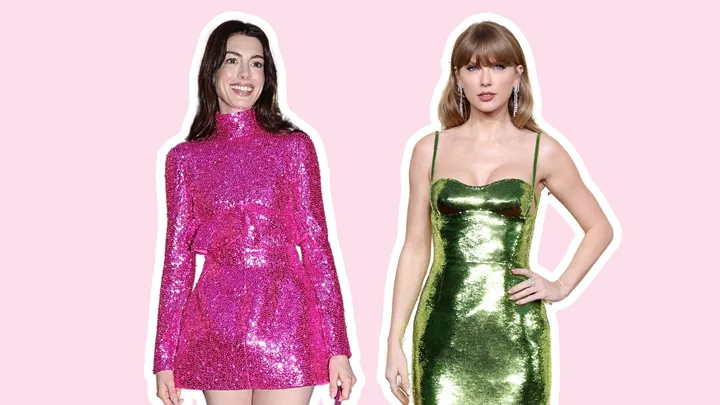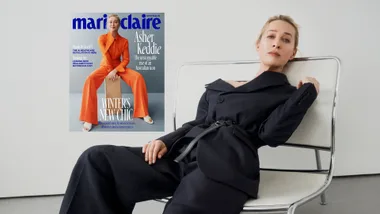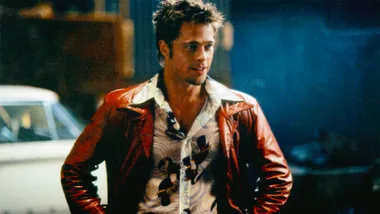In 2013, donning a pale-pink Prada dress, Anne Hathaway won the Oscar for Best Supporting Actress. She gave a breathless speech on stage, which was promptly dressed down by internet trolls who took aim at her “too perfect” persona and what they saw as “rehearsed” enthusiasm.
From there, ‘Hathahate’ took on a life of its own. People just loved to hate her, generally for no reason other than that they found her ‘annoying’. And in fact, very few could really put their finger on why.
The San Francisco Chronicle named her ‘The Most Annoying Celebrity of 2013’, while journalists published articles with lines like, “There’s something about her that rubs me the wrong way.”
What was Hathaway’s hate-worthy quality, according to the trolls? Simply being too good?
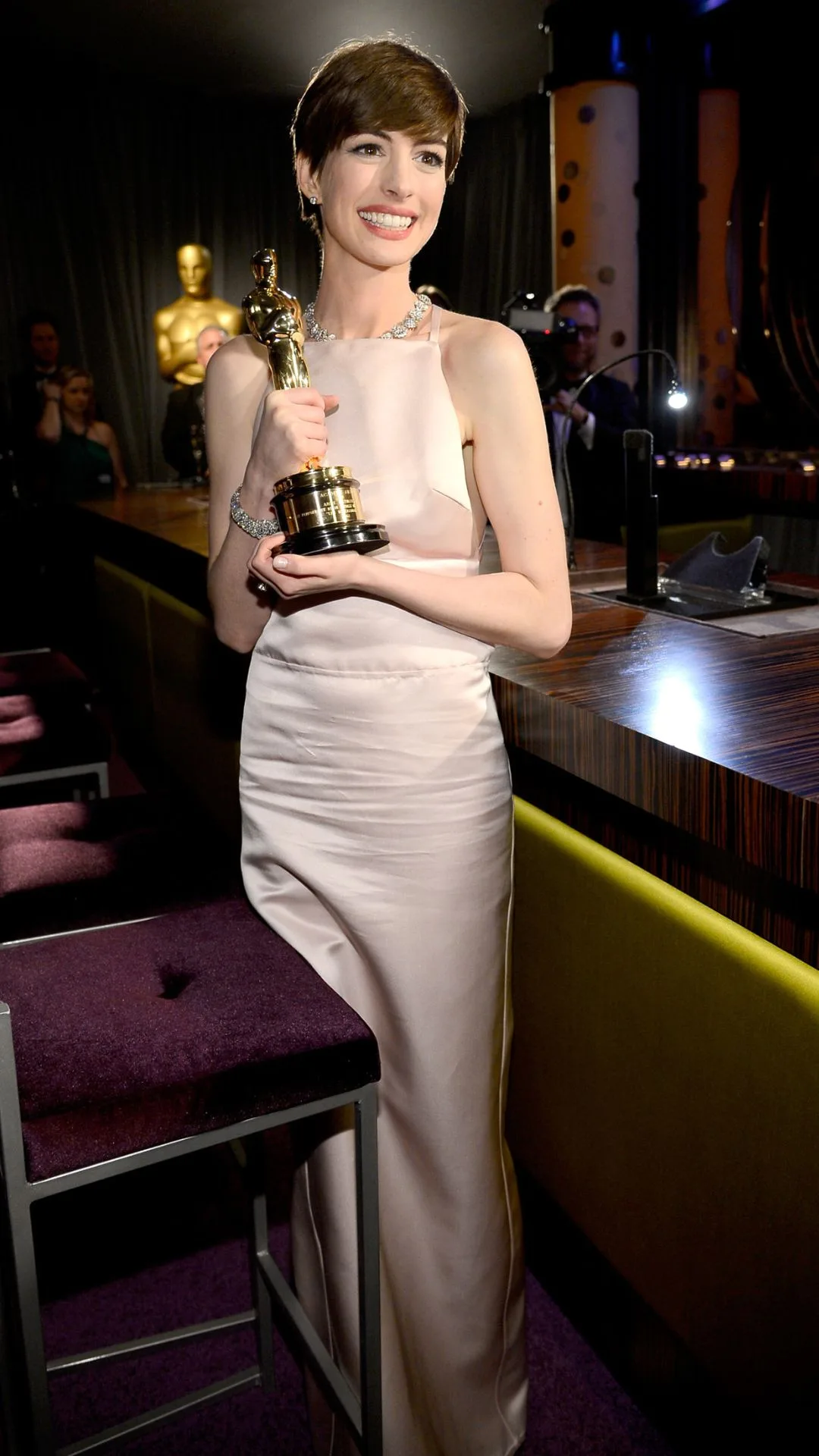
“It’s not really Anne Hathaway I ‘hate,’” a journalist for Vice and The New Inquiry wrote. “It’s all the lesser, real-life Anne Hathaways I have known — princessy, theater-schooled girls who have no game and no sex appeal and eat raisins for dessert.”
We can’t help but ask – why do we do this to women? To high achieving, successful women who are having negativity heaped upon them simply for their squeaky-clean exteriors? Especially as it’s an exterior they’re often conditioned to develop.
Is it simply that people can’t help but scoff and criticise someone who emulates perfection (knowingly or unknowingly)? It reeks of tall poppy syndrome, and it’s not just Anne Hathaway who has dealt with it.
The ‘Hathahate’ barrage of 2013 is eerily similar to the #TaylorSwiftIsOverParty hashtag, which trended on Twitter in 2016, and housed tweet after negative tweet. It’s safe to say that the 2010’s have a lot to answer for in the women-bashing department.
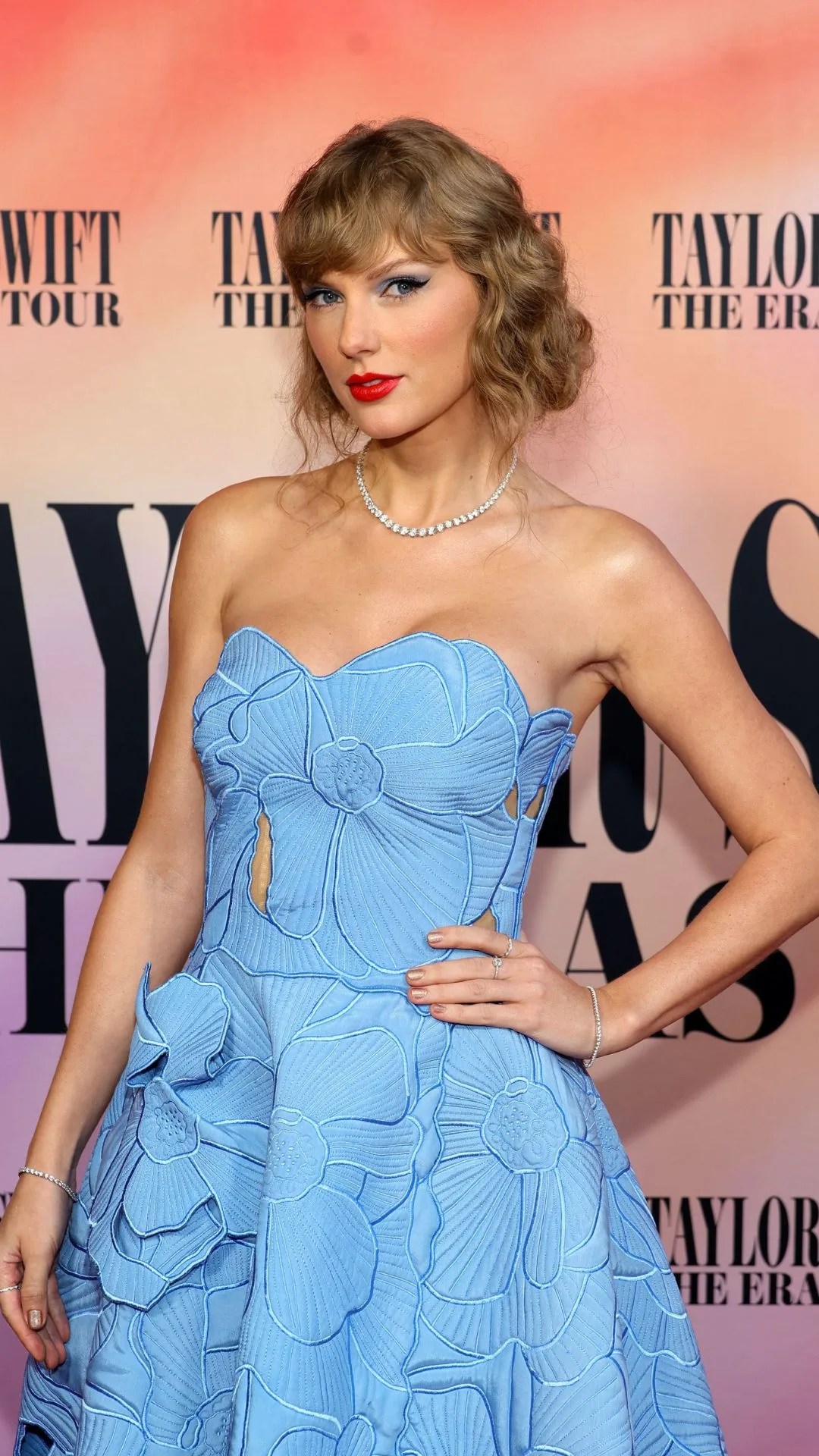
In part, Taylor Swift was cancelled off the back of the Kanye West ‘Famous’ song lyric debacle, but there were also a lot of Taylor haters who simply jumped on the bandwagon of her misfortune and used their voices to amplify and detract.
Even now, people are still posting tweets online like, “I don’t know why people like Taylor Swift so much other than she’s pushed down their throats. I think she’s annoying.”
We can’t help but look for flaws in women. Even if that means their key flaw if not being flawed.
Safe to say that the millions of Taylor Swift supporters who fought for tickets at her latest Eras Tour would beg to differ with that tweet.
While it’s true that celebrities must be able to put up with some level of negativity online, this kind of overwhelming onslaught creates a further issue: it limits the opportunities in these women’s respective careers.
Where both Swift and Hathaway had high-flying careers in stardom, they soon found themselves facing industries that would not accept them.
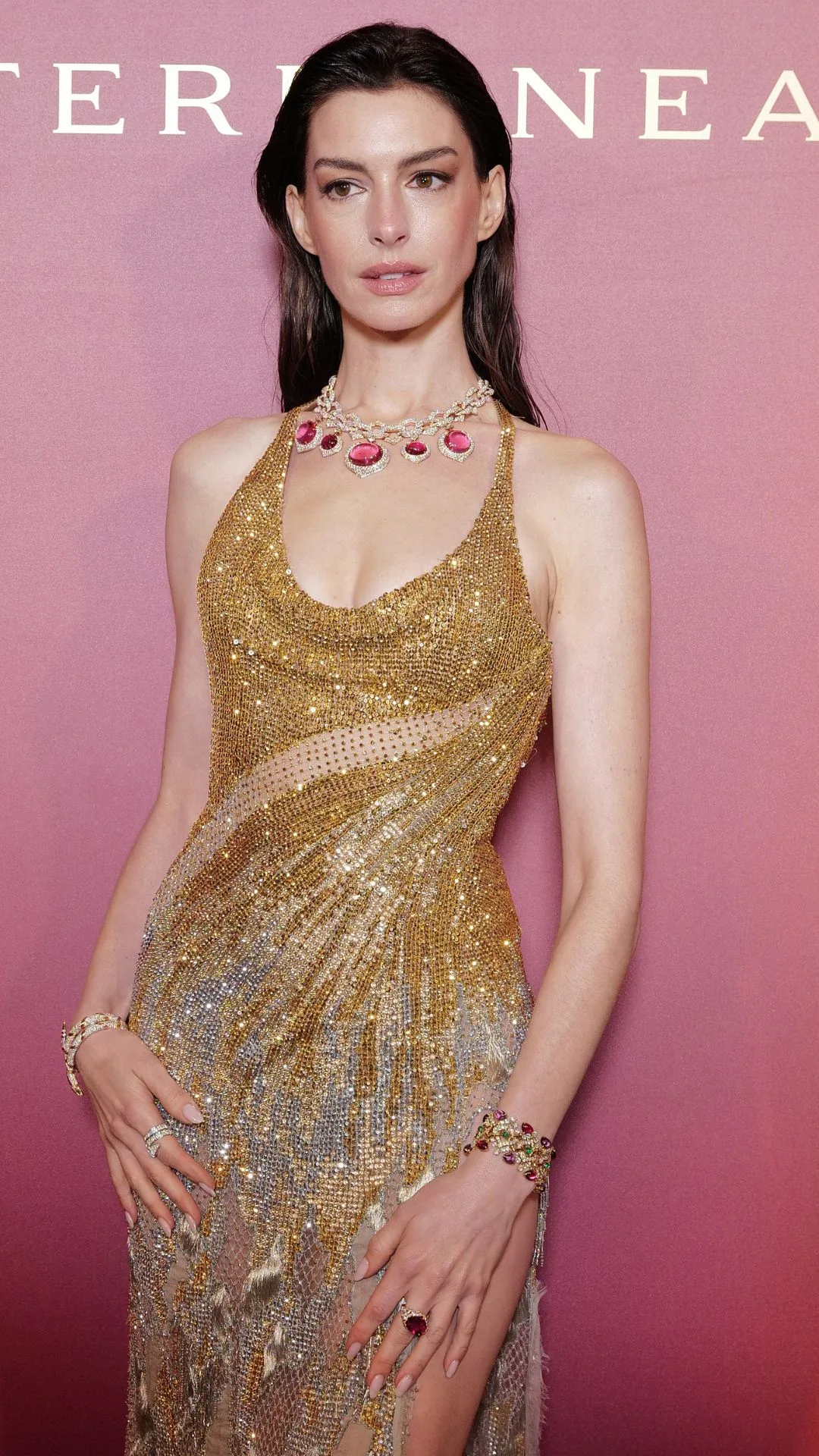
“A lot of people wouldn’t give me roles because they were so concerned about how toxic my identity had become online,” Hathaway told Vanity Fair.
She was lucky that director Christopher Nolan stuck by her, casting her in Interstellar and also The Dark Knight Rises. Hathaway credits him for keeping her career moving and ensuring she did not “lose momentum” while the hate raged on in the background.
Similarly, Swift went ‘underground’ for a year after she was cancelled online.
“Nobody physically saw me for a year, and that was what I thought they wanted,” she said in her documentary Miss Americana.
“I had to deconstruct an entire belief system, toss it out and reject it. It woke me up from constantly feeling like I was fighting for people’s respect. It was happiness without anyone else’s input.”

Both women, luckily, have fought against negative perception of them, continuing to work and to share their crafts with the people who do appreciate them. Hathaway has become a fashion icon, is still breaking down barriers in the film industry, and continuing to star in movies that she cares about.
Meanwhile, Swift is in the final stages of finishing her Eras Tour, which is one of the most in-demand concerts of all time and has sold out stadium after stadium.
These two stories bear different specifics, but the trajectories are eerily similar.
They share an identical message: that tearing down women just because they are perceived to “annoyingly” lack flaws, no matter how ridiculous it sounds, is something that happens all too frequently.
And that if you search, with all your might, to find flaws in women, maybe it says more about you than it does them.
One final thing: they’ll succeed in spite of the hate anyways.
